The former Miaoli Theater (苗栗戲院) is located in the heart of Miaoli City, a mid-sized settlement of 86,000 residents in north-central Taiwan. Approximately 30 theaters were once found scattered around Miaoli County—with at least 5 located here in the city, but as of 2023 only two of those remain standing (with Guoxing Theater being the other one). Few authoritative sources exist to substantiate the early history of Miaoli Theater, but evidence indicates it was operating in the 1950s, and movies were shown all the way into the early 2000s—an unusually long run for a standalone theater from this era. It was eventually sold, shut down, and converted into the Yǒngchāng Animal Hospital (永昌動物醫院), a pet supplies store and veterinarian clinic.
I learned of Miaoli Theater by scanning Taiwanese business records, many of which are available for browsing on open data platforms1. Beyond that, very little is mentioned about this theater anywhere that I can find, possibly because of the generic name. Prior to visiting in 2019 I wasn’t even sure if the building in these photos had ever been a theater—it was quite possible, I figured, that it had been torn down and rebuilt long ago. But, as it turns out, this is indeed the former Miaoli Theater, or its latest incarnation anyhow2.
The staff at the animal hospital were initially confused when I entered the building to inquire about its identity, this being a part of Taiwan where you wouldn’t ordinarily find Westerners buying cat food. Fortunately I was soon introduced to Xú Jǐnyuán (徐錦源), the head doctor, a kindly gentleman who obviously shared my interest in Taiwanese theater history. He rented the building sometime after the theater was closed3, intending to do his part to preserve a little piece of Miaoli history, and has been careful to maintain many of the original features of the theater. With a sly smile he waved me over to a narrow stairway off to one side, and we ascended to the balcony level of the former theater.
The view from the balcony level was quite impressive. This theater is unusually large, and while I’ve seen no formal capacity listed anywhere, archival footage4 suggests it could have accommodated at least a thousand patrons, probably seated on wooden benches. Obviously the theater had been refitted at some point—a set of more modern red leather seats were stored on the balcony level, propping up an assortment of notice boards and advertisements dating back to the last days of cinema here at Miaoli Theater5.
Dr. Xu soon ushered me into the projection room, flipping light switches to better illuminate a vintage pair of Super 80 xenon arc lamp projectors complete with ventilation ducting, a necessity given the excess heat emitted by such powerful lights. These projectors were manufactured by Strong International, a company based in Omaha, Nebraska, and since production began in 19836, the previous owners had obviously invested in modernizing their equipment at some point. Xu obviously took some pride in having saved these projectors from some ignoble fate, keeping them here all these years. I wonder if they’re still in working order and capable of screening films?
Back downstairs, Dr. Xu disappeared into an office for a moment, emerging with several other artifacts of a bygone era. I was gifted an admission ticket dating to October 31st, 20037, probably around the time the theater had its final screening, as well as an undated leaflet for The Golden Lotus (金瓶雙艷), a rather lascivious Shaw Brothers film from 1974. I was also shown a set of glass slides8 containing public service announcements and advertisements; these were commonly displayed prior to film screenings by placing the slides in front of the projector for a time.
I am somewhat surprised this theater hasn’t been the subject of more local news coverage. Perhaps it went out of business a little too early to catch the wave of nostalgia for the golden age of cinema that now fuels such reporting9. Although many details of the early history of this theater now seem lost in the mists of time, it remained an important cultural landmark in Miaoli City for the better part of a half century, particularly in the early post-war period, when it also served as a general purpose auditorium for graduation celebrations and other public events. Perhaps its historic value will be recognized some day, and until then I wish Dr. Xu well in preserving the memory of Miaoli Theater.
- Fragmentary business records can be found here, for example. Searching for the name of the registered owner (劉德增) yields no further information. ↩
- I am almost certain this is not the first theater to bear this name. We know from records like this one that at least one theater existed in Miaoli City in the Japanese colonial era, and I’ve read comments (from now-vanished news articles) that suggested Miaoli Theater was established back in those days, but I do not believe this building is nearly that old. It was quite common in the booming years of the post-war period for cinema tycoons to reinvest their earnings into larger and more luxurious theaters, and I am reasonably confident that’s what happened here in Miaoli. I’d guess this building dates to the mid-1950s or early 1960s, but I have absolutely nothing to back that up. Perhaps making this post will jostle some additional information and insight out of the collective consciousness. ↩
- These details are gleaned from what I assume is a transcript of a local television news segment, but no source is provided, and the text appeared in a jumbled mass of random text on a scammy looking blog loaded with SEO keyword spam. ↩
- Taiwan Film & Audiovisual Institute hosts a short clip documenting a lecture in patriotic education held for an estimated 1,250 schoolchildren at Miaoli Theater in 1971. ↩
- On the left is an advertisement for Harry Potter (哈利波特), though it isn’t clear to me exactly which one was being shown. On the right is a long wooden board featuring posters for Star Wars: Episode III (2005) and Mr. & Mrs. Smith (2005). Astute readers will already have noticed the name of the theater is not the same—the second board advertises screenings at Guójì Theater (國際戲院), which was later renamed Guóxìng Theater (國興戲院) to improve its flagging fortunes. From what I understand the owner of Guoji Theater purchased Miaoli Theater sometime in the early 2000s and soon shut it down, but they would have continued to post advertisements on site. In fact, they were still doing this at the site of other former movie theaters when I visited in 2019, a story related in more detail in my full report on Guoxing Theater. ↩
- Strong International maintains a skeletal web presence without any reference to the Super 80 that I can find. Film Tech features a “warehouse” with numerous manuals, including a brief history of the company, which states this model of projector was introduced in 1983. ↩
- Look closely at the stamp on the ticket and you’ll see the year, 92, which is given in the ROC calendar. ↩
- For more information about these glass slides have a glance at this set recovered from Guómín Theater (國民戲院) in Hsinchu. ↩
- When Dōngshēng Theater (東聲戲院) in nearby Toufen closed in 2018 there were some great human interest stories published, most notably by The Reporter (in Chinese). Another story in Merit Times recalls when one of the owners of Dongsheng Theater returned to Miaoli from an apprenticeship in the cinema industry in Taipei around 1958. He noted that at that time Miaoli Theater was the only venue with a proper set of projectors screening films; other theaters would have showcased traditional Taiwanese opera and glove puppetry. ↩
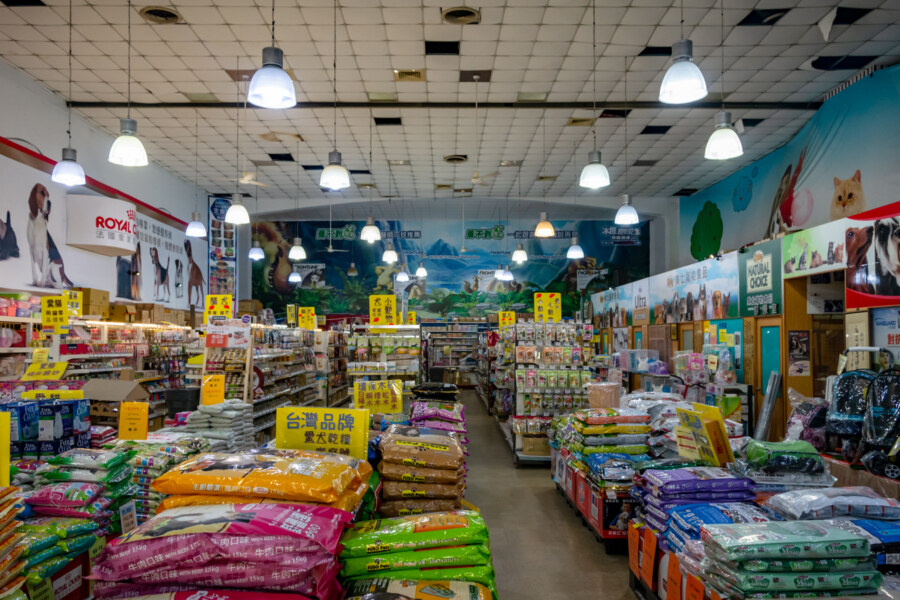
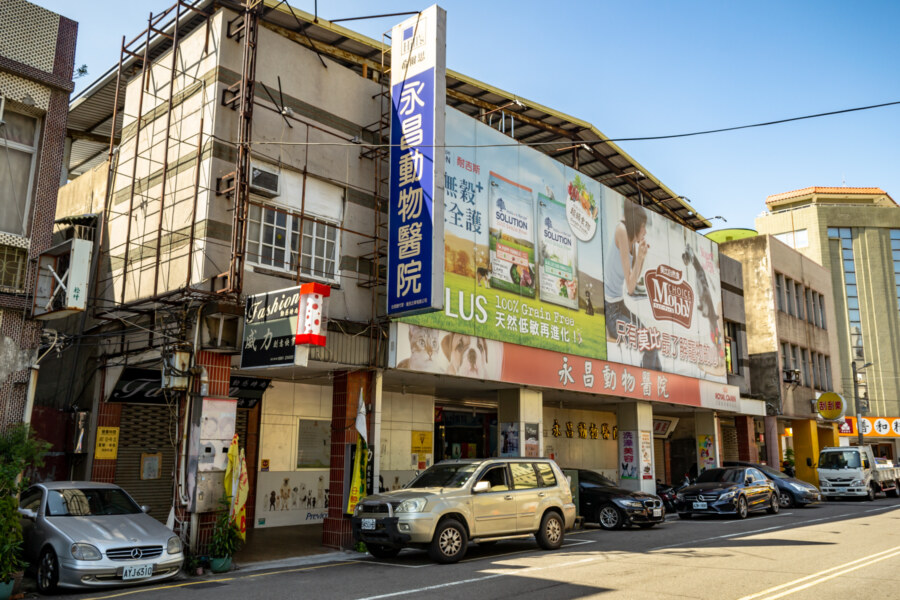
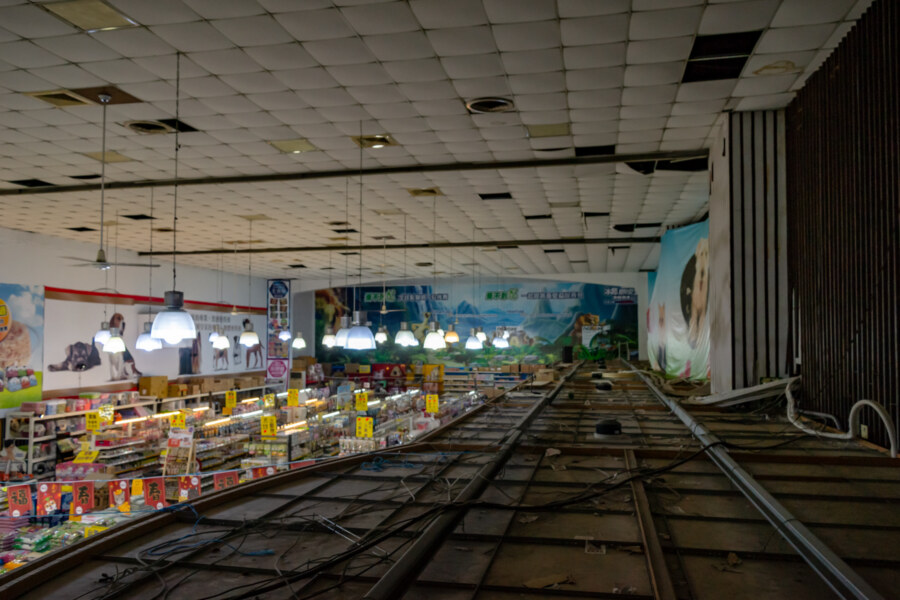
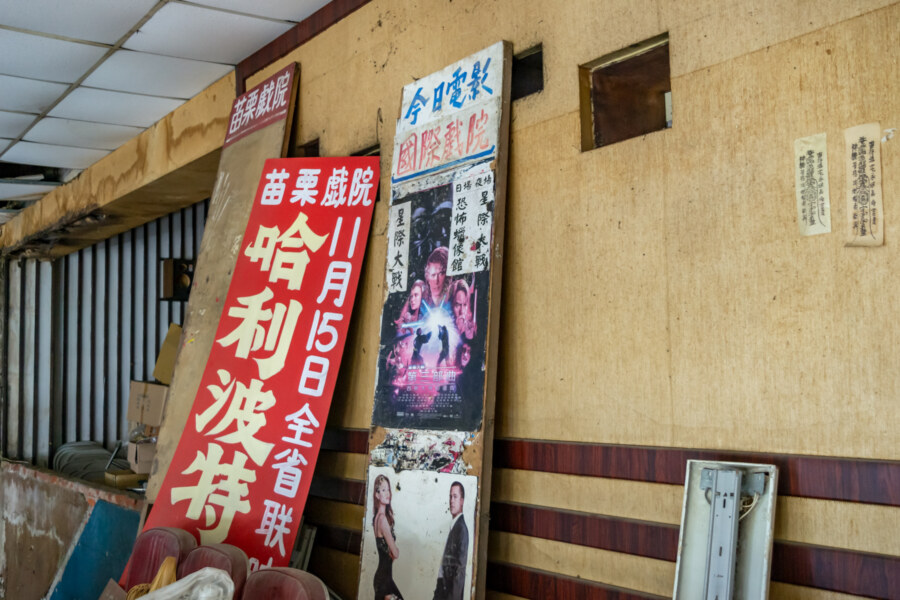
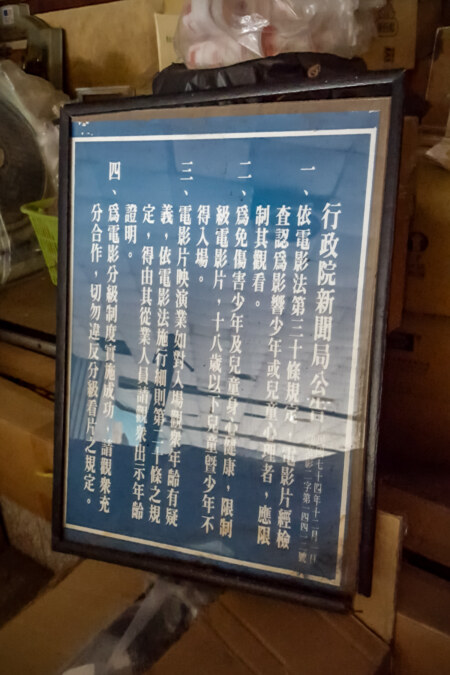
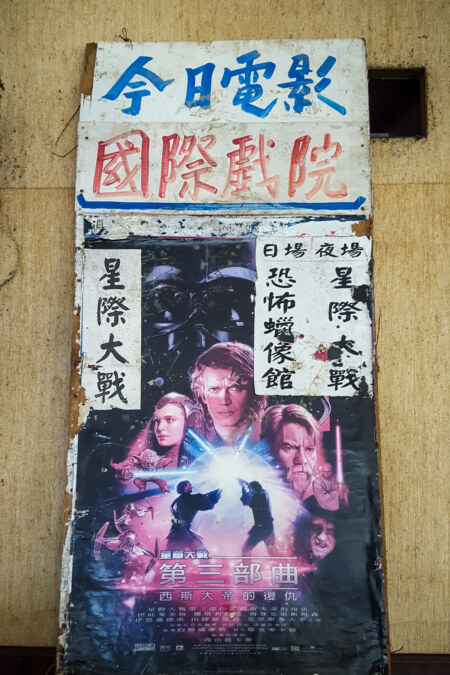
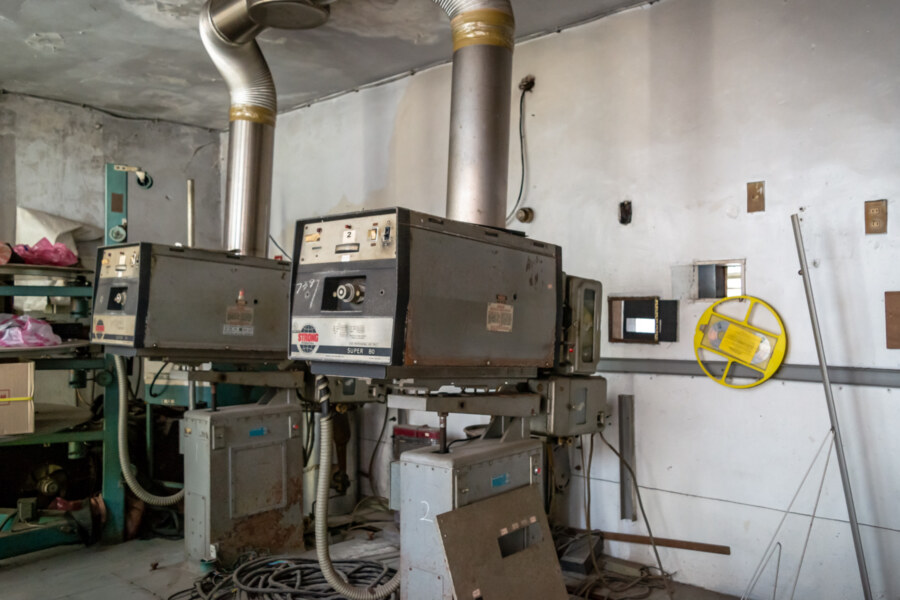
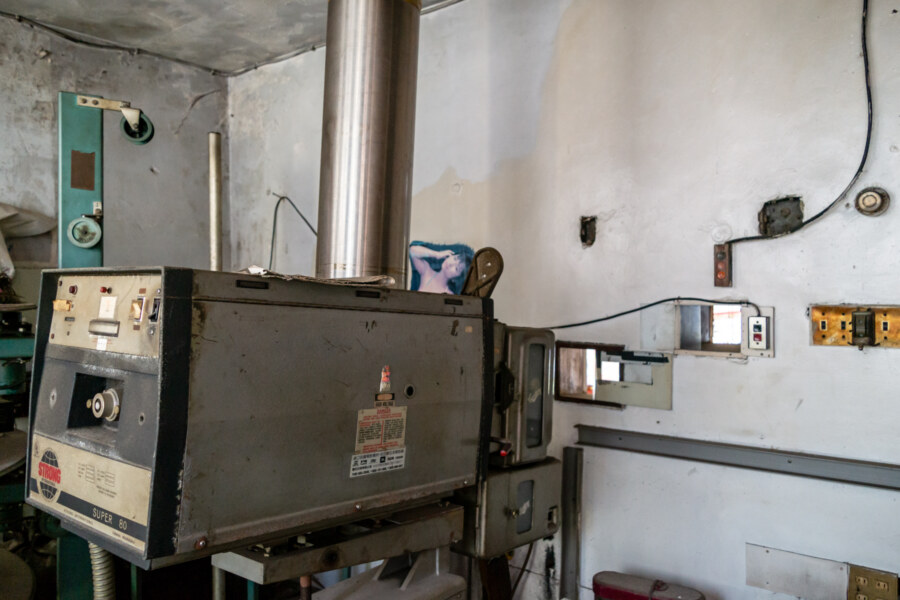
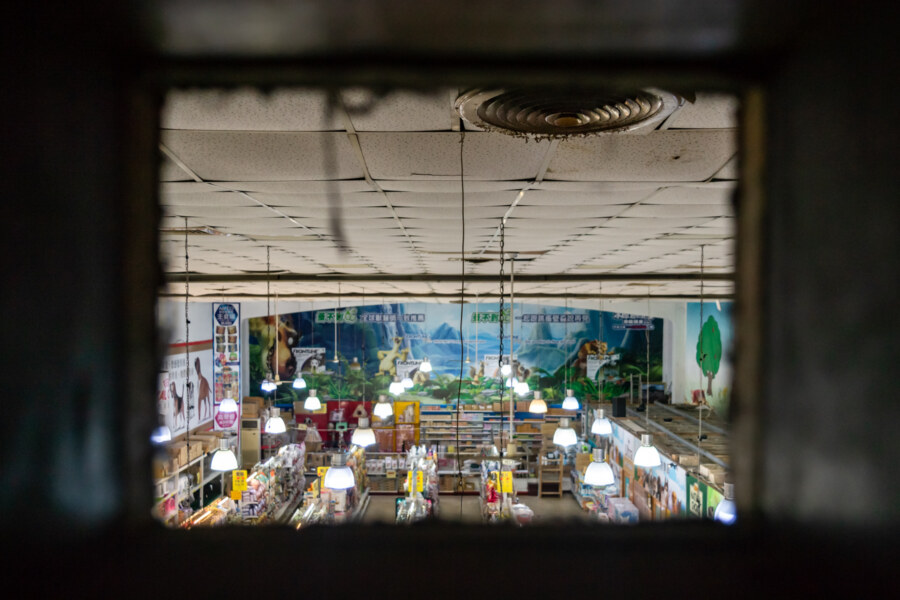
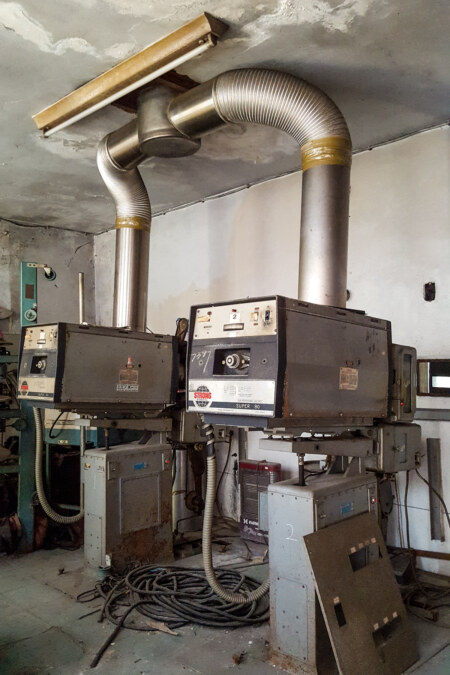
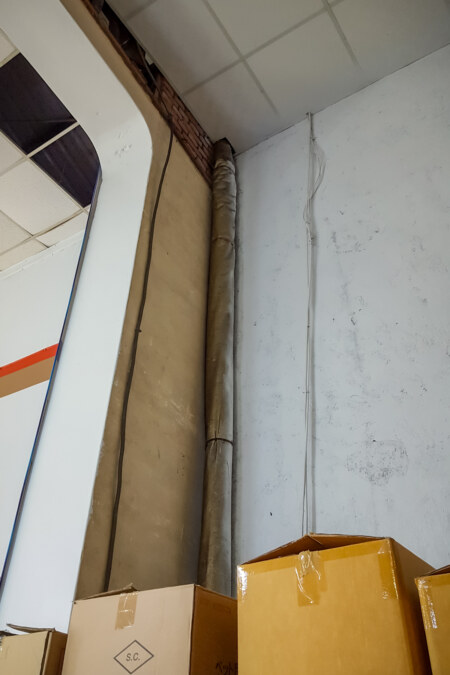
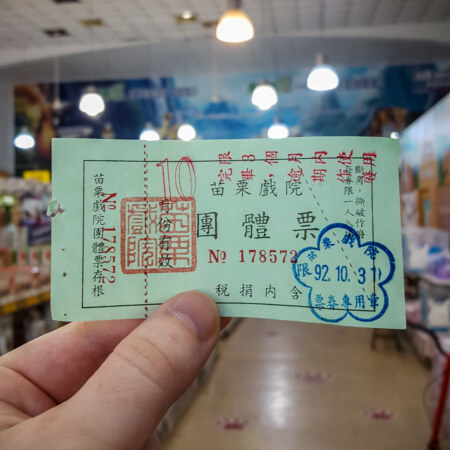
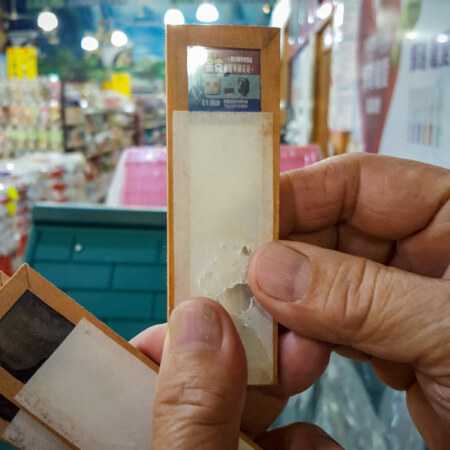
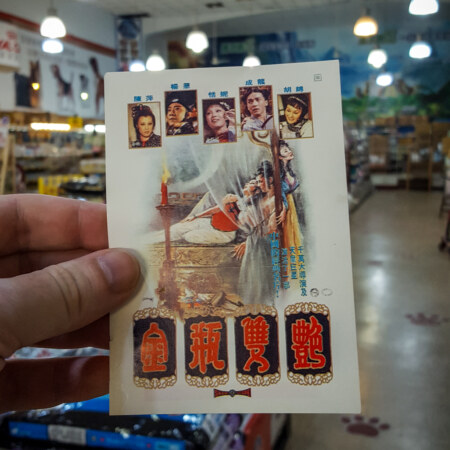
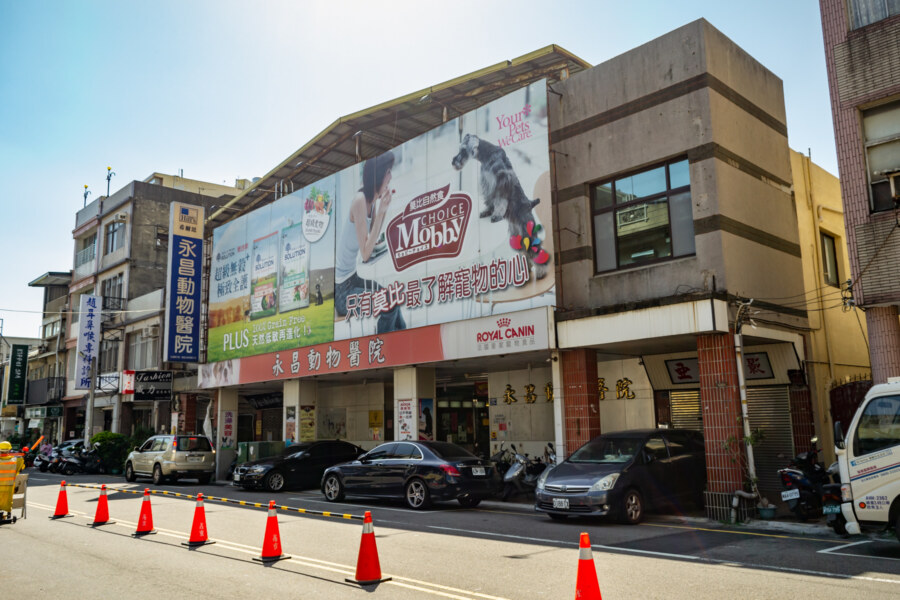
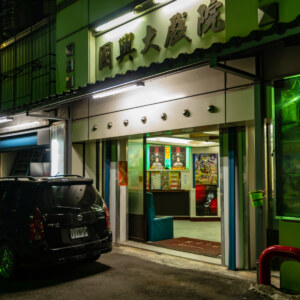
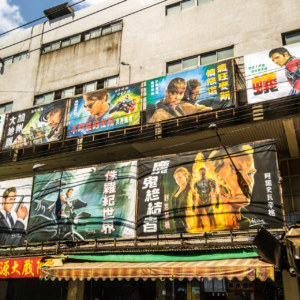
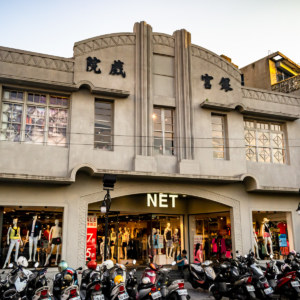
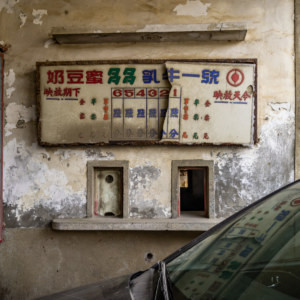
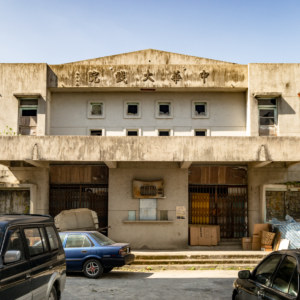
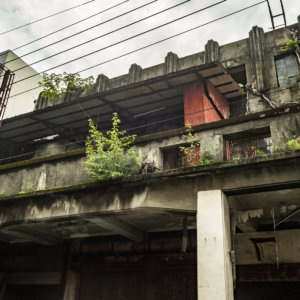
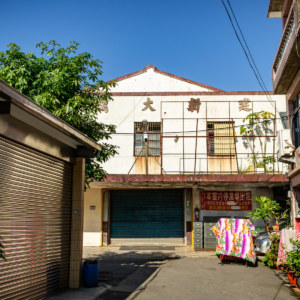
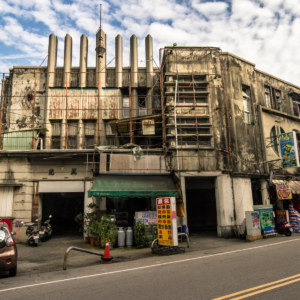
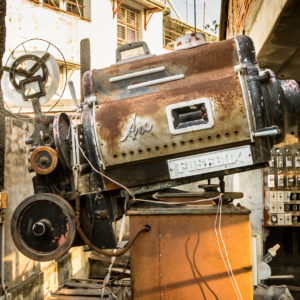
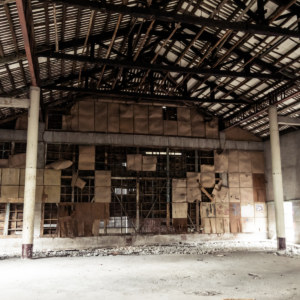
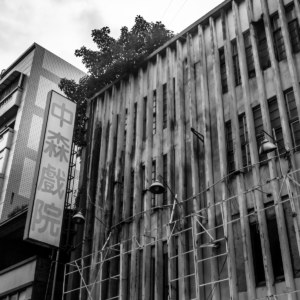
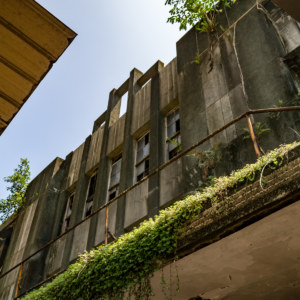
Write a Comment